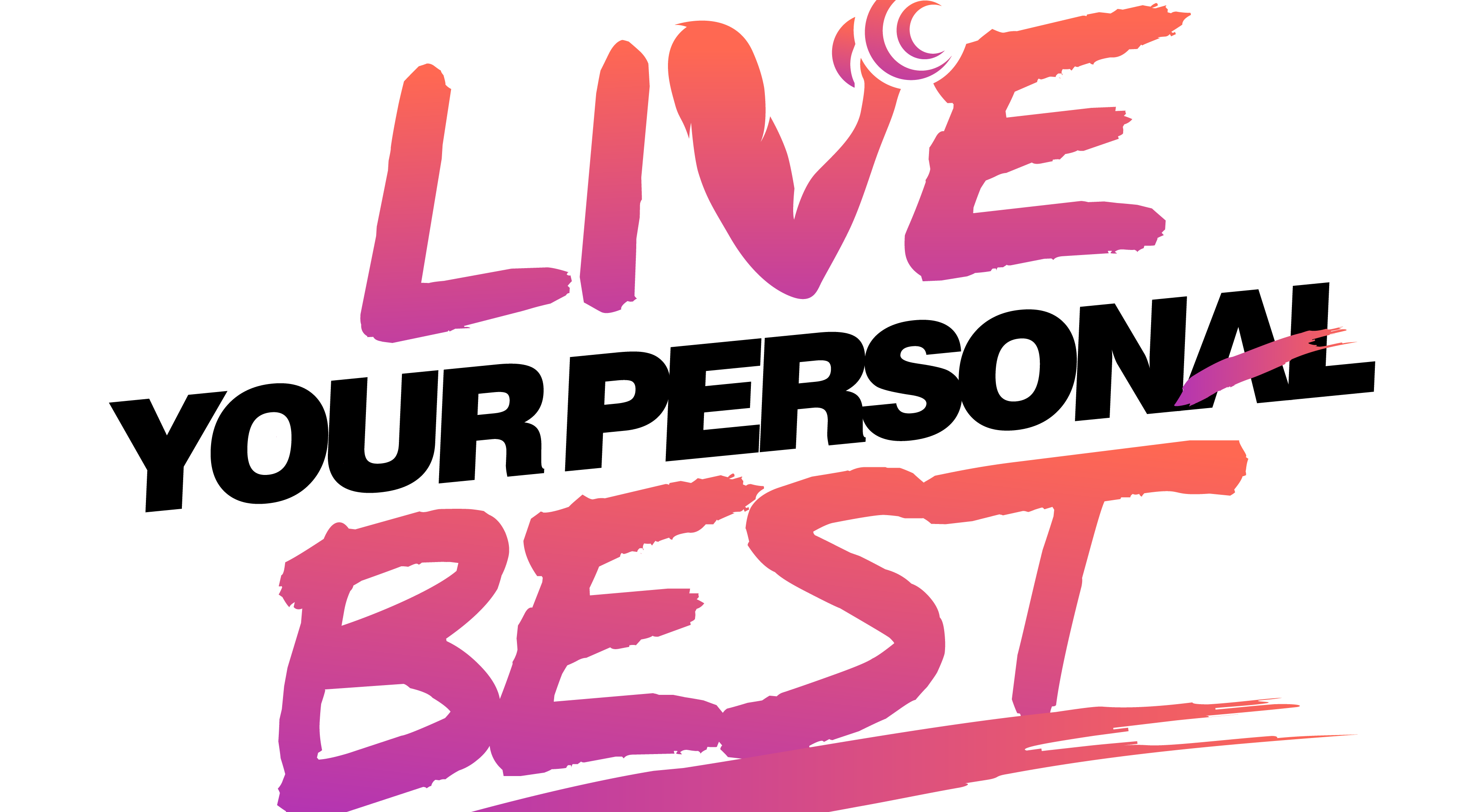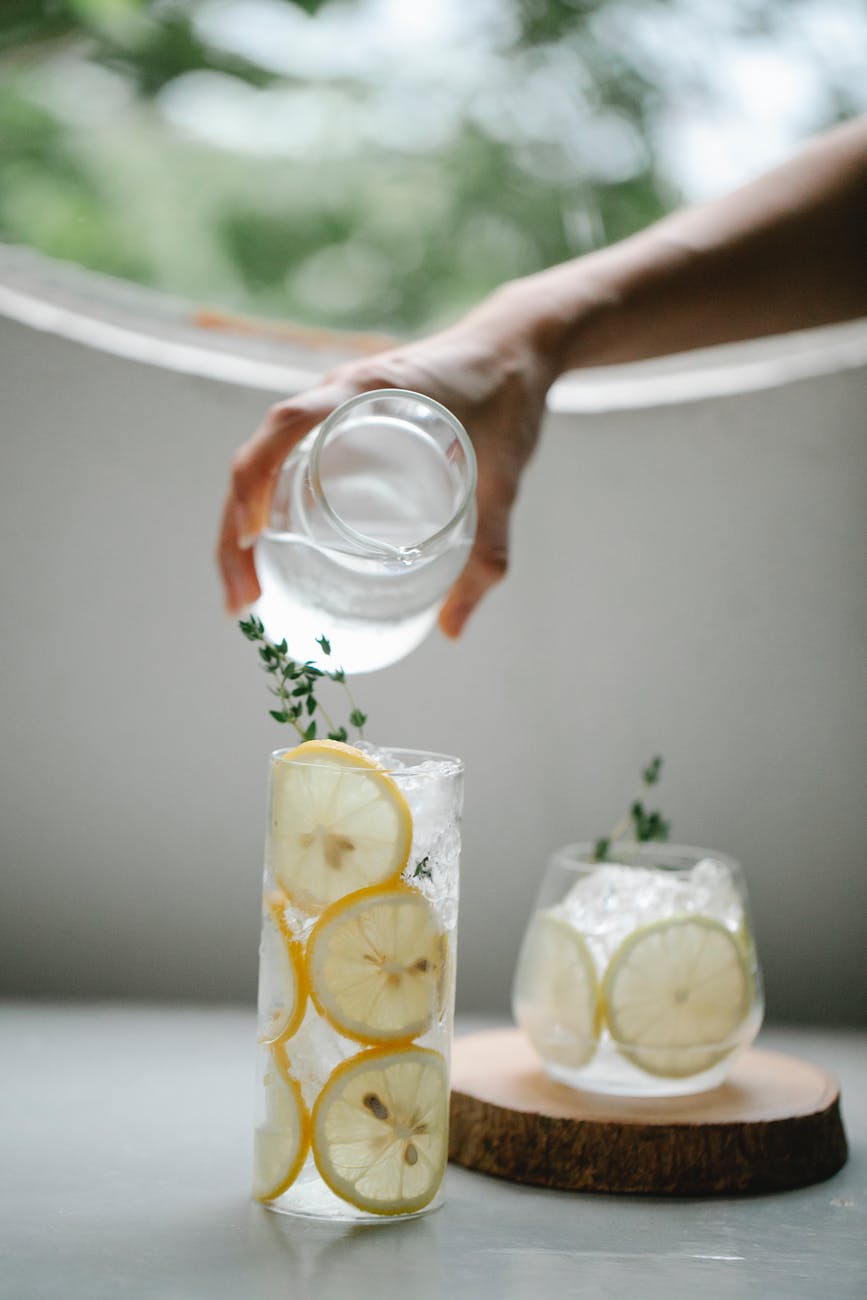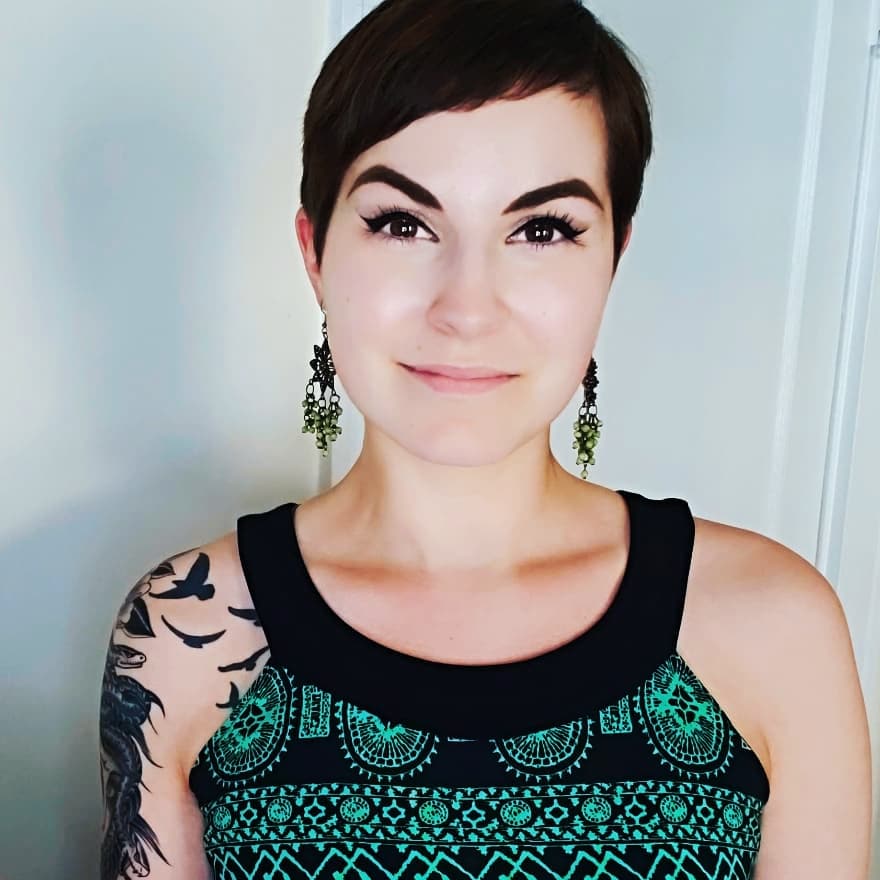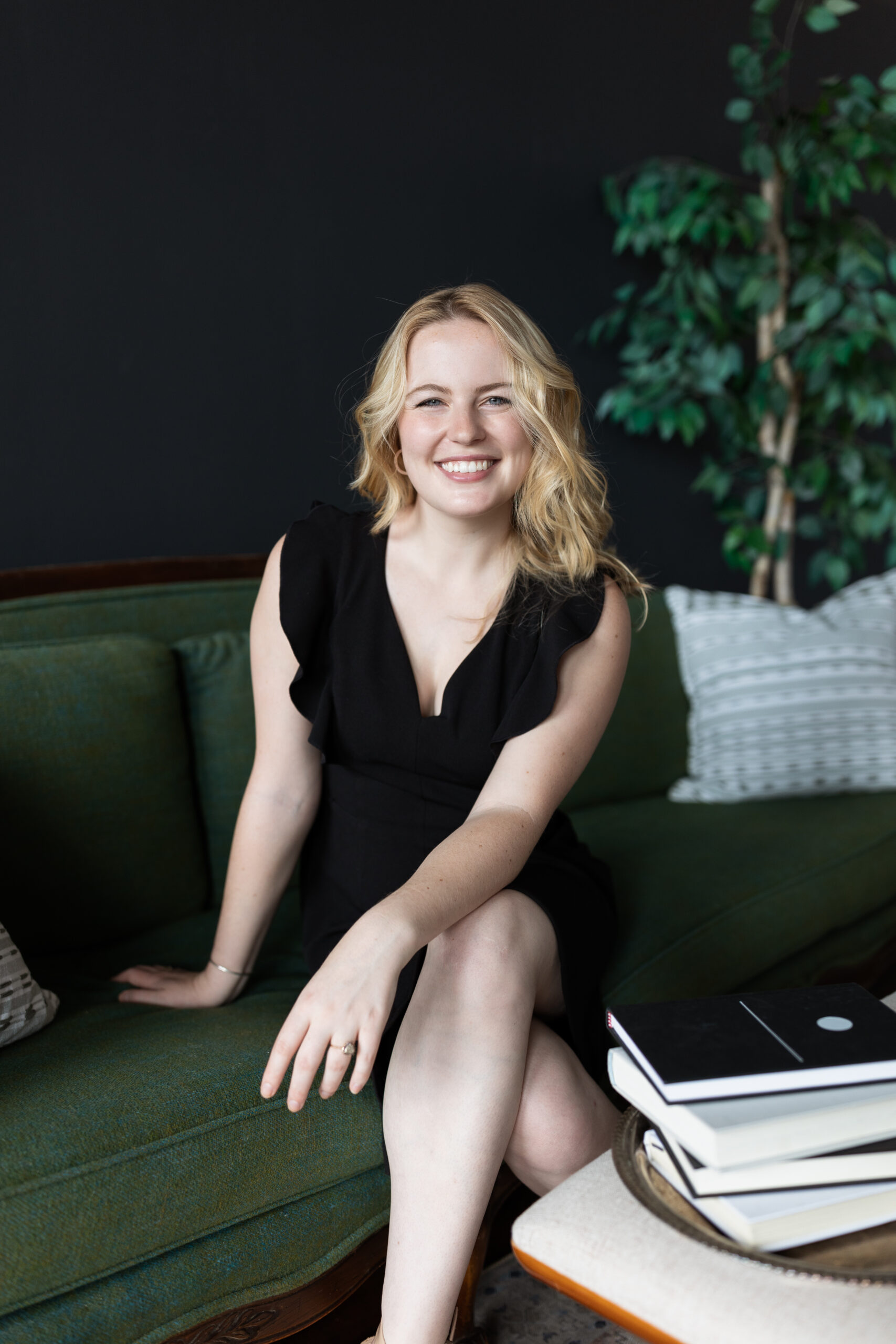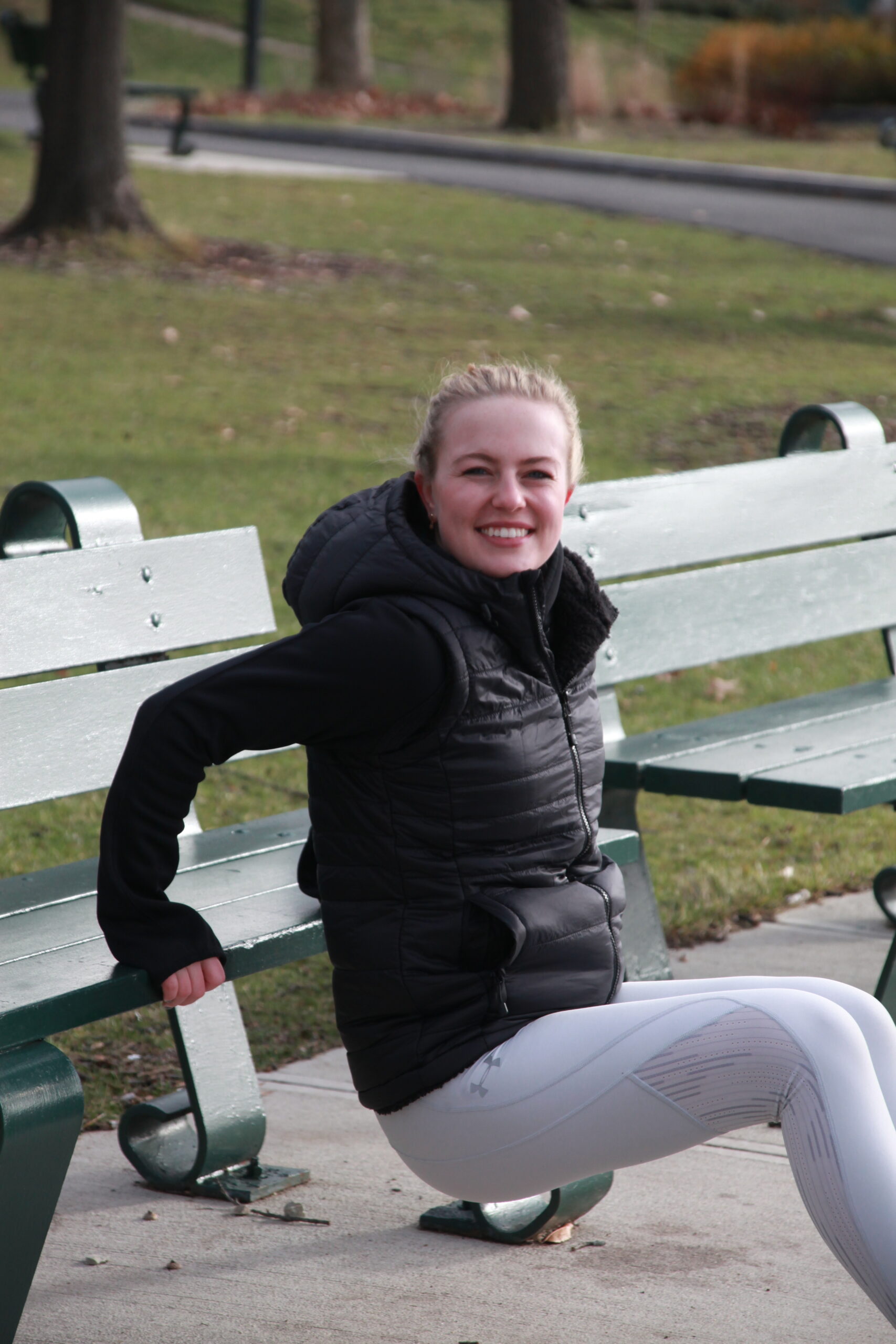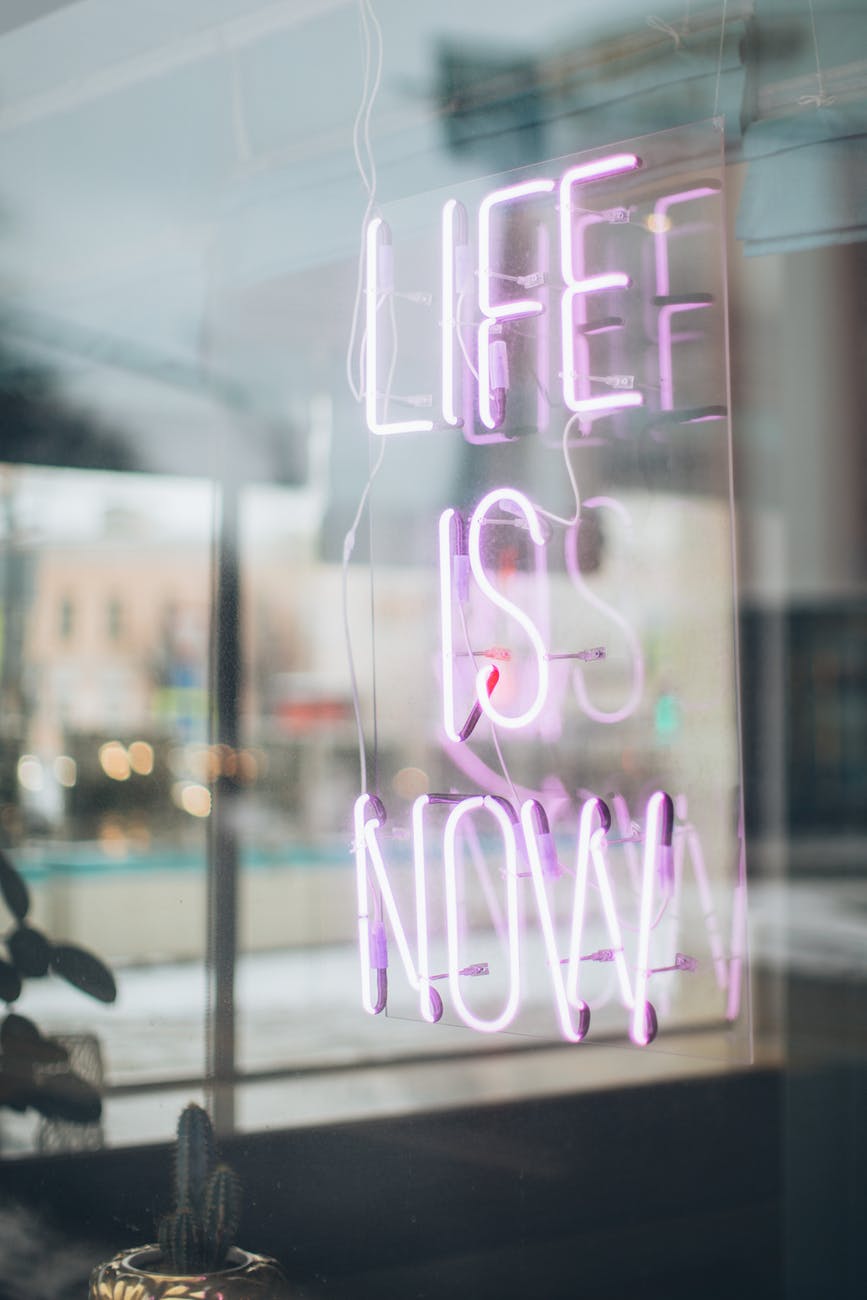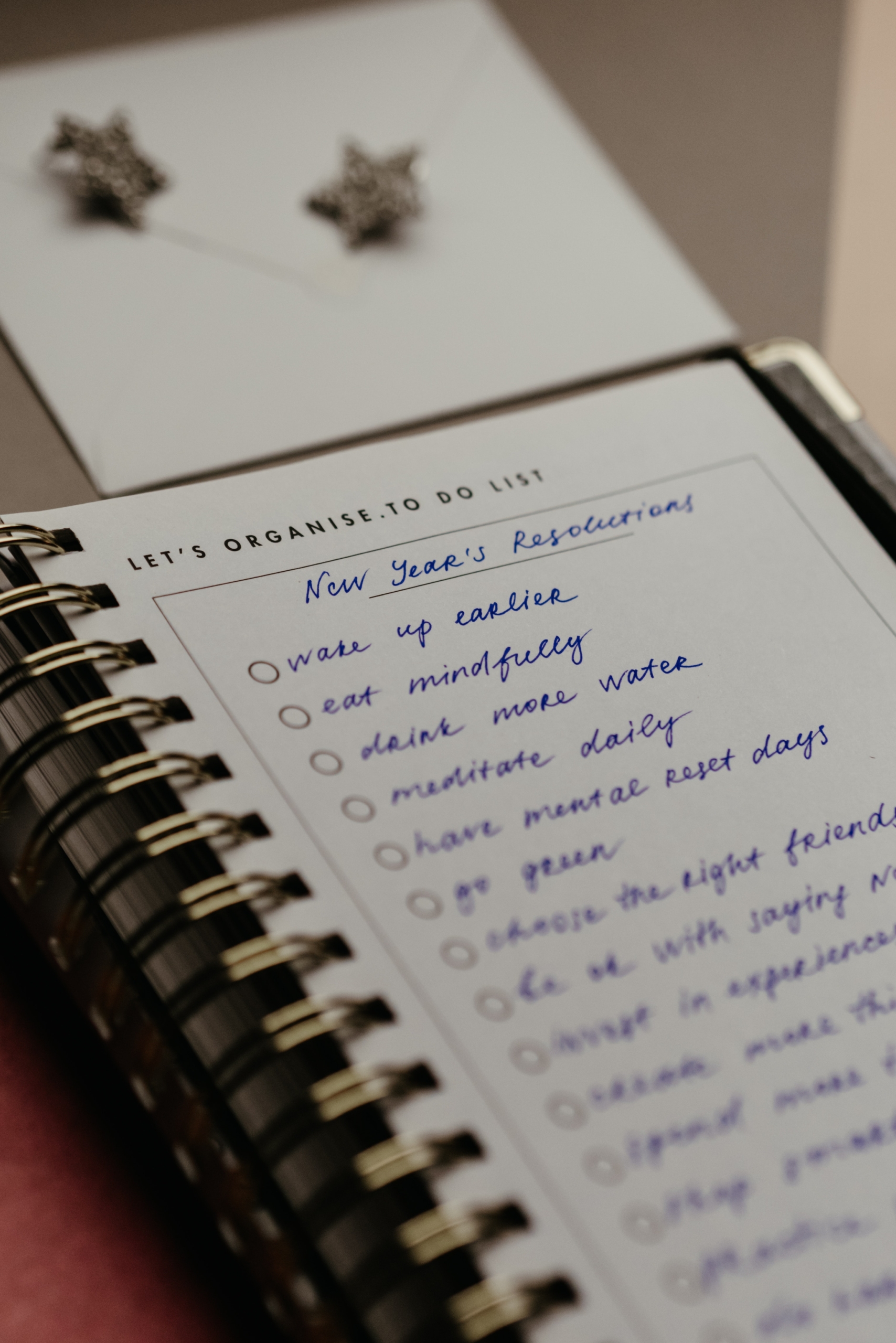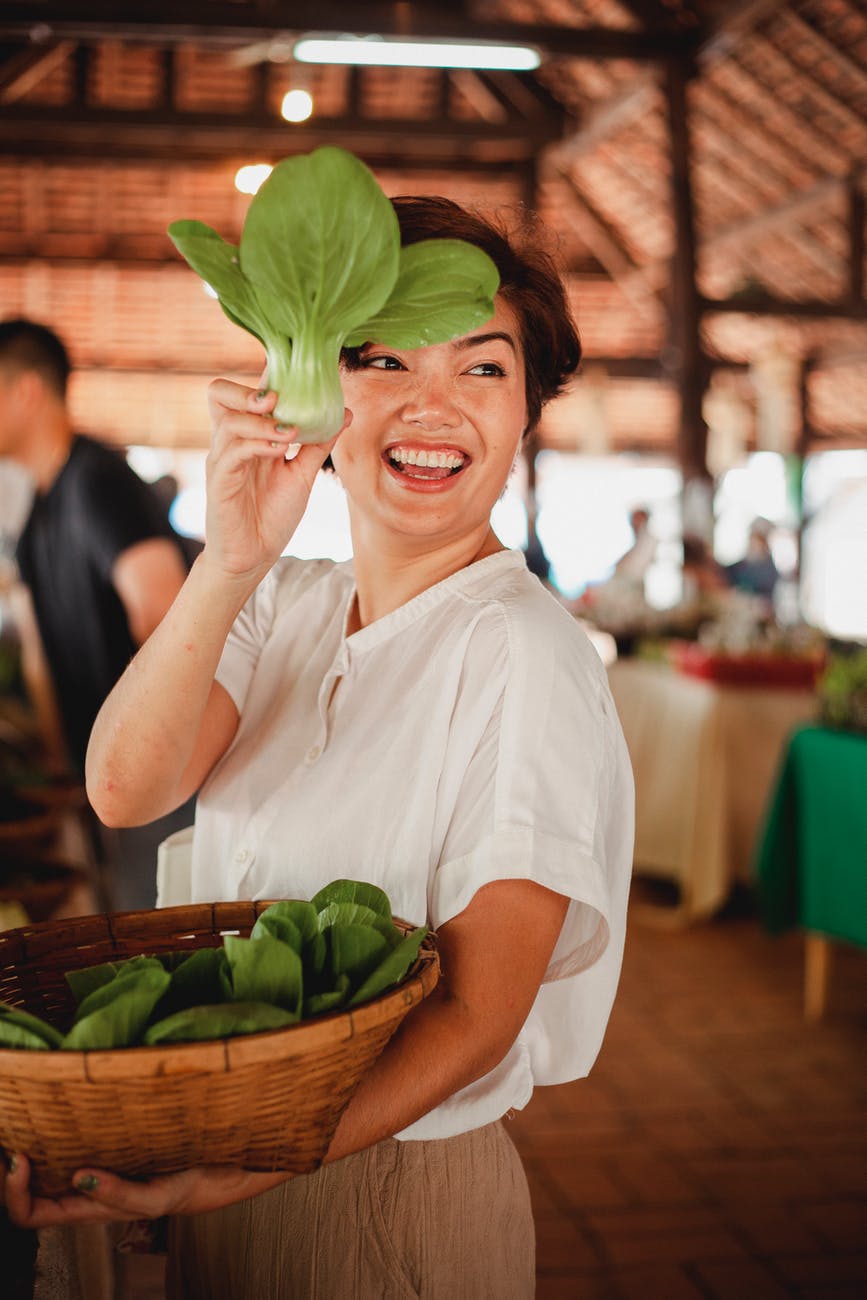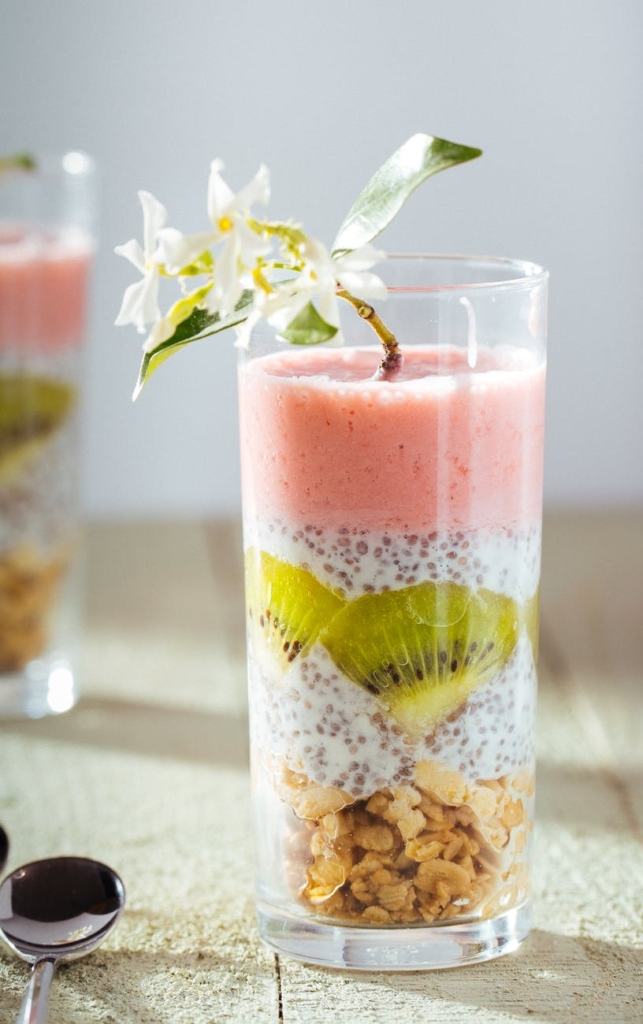
The first month of 2022 is almost up, and many people have committed to participate in Dry January, where they commit to starting being sober. As many people have experienced, going through their sobriety journey can be rough and challenging. Many people choose to return to their old ways and disregard their progress.
In this episode of the Live Your Personal Best podcast, I spoke to Gill Tietz, MS, the host of Sober Powered Podcast. Gill has a master’s degree in Biology and has dedicated herself to learning about alcohol’s influence on the brain and its cause of addiction. She uses her platform to educate and empower others to assess their relationship with alcohol. Right now, she also works as a biochemist in the Boston area.
Listen to learn more about Gill’s different approaches to encourage you to try a 30-day sober challenge and start your sobriety journey.
Episode Timeline
[3:33] Gill shares her opinion on different sobriety challenges and if they are helpful.
[5:33] Gill mentions the importance of having support when going through Dry January.
[8:13] Gill brings up how long it takes to see the effects of not drinking.
[10:41] Gill tells the effects of sobriety challenges after it’s done.
[13:18] Gill shares how she’s coping with people surrounding her that are still drinking.
[18:16] Gill recounts how she started her sobriety journey.
[23:08] Gill reveals the mission of Sober Powered.
[25:07] Gill leaves her one last piece of advice to the listeners.
Key Takeaways
- Sobriety challenges are an excellent opportunity for those super curious to take a break from alcohol.
- These challenges eliminate a huge barrier, especially for those hesitant participants.
- Millions of people are now participating in Dry January, which started in the UK in 2013.
- If you’re getting more than enough support when you participate in these sobriety challenges, there’s a higher chance that you’ll finish them successfully.
- Aside from attending AA meetings, you can also get support virtually from joining The Luckiest Club virtual meetings or NamaStay Sober’s yoga sessions.
- The effects of sobriety can be seen immediately or longer, depending on your relationship with alcohol. It can be seen starting from two weeks to four weeks of sobriety for some people.
- The learnings you acquire after each sobriety challenge are valuable even though you chose not to continue being sober for quite a while.
- If you plan to stay sober, drinking mocktails and non-alcoholic beer could help if you’re looking for ways to socialize with people during events.
- Realizing that nobody really cares if you’re drinking or not could encourage you to proceed with your sobriety journey. They might ask because it seems odd at first, but it’s not essential to them, so there’s nothing to be worried about.
- You can miss alcohol and accept reality at the same time.
Quotes
“One of the scariest things about taking a break [from alcohol] is people are gonna ask why you’re not drinking.” – Gill [3:46]
“Part of the challenge is learning how to navigate real-life without drinking, so it’s not just you hide out in your room, and you don’t drink for 30 days, and then you resume life. You’re doing life this whole time.” – Gill [10:51]
“Addiction is giving up everything for one thing, and recovery is giving up one thing for everything.” – Gill [21:34]
“Addiction isn’t searching through society to find the losers among us. It can get anybody. It doesn’t matter how many degrees you have, how much money you have, what your race is, where you live, anything. It can get anybody at any time.” – Gill [24:32]
